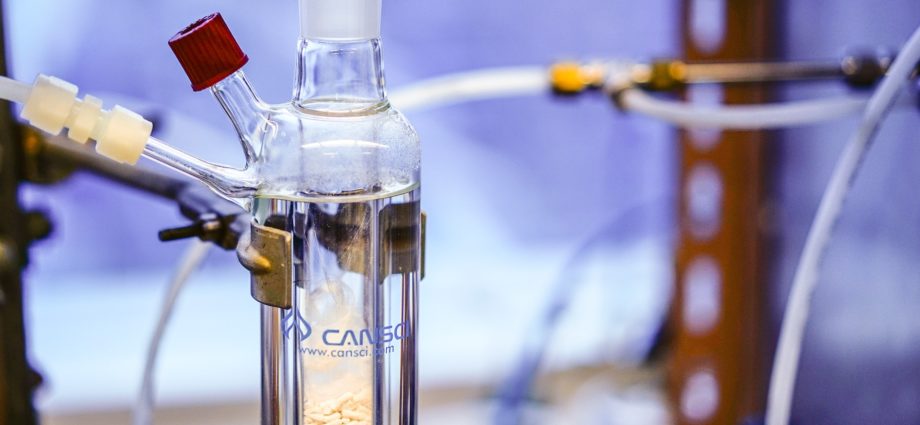Propylene, also known as propylene ethylene copolymer, is a chemical substance that is used in many different areas of industry. This copolymer of ethene and propene is a substance with ideal chemical properties, which is why it is so popular in so many different fields. But what exactly is propylene? What are the typical properties of this chemical and what does it actually do? Where is the substance used, what is it used for in particular and what should one look out for? We have summarised all these questions about the chemical propylene for you in this article. You will find everything you need to know about propylene here.
These are the most important properties and applications of propylene
Propylene is a solid, white plastic that is both odourless and insoluble in water. It is particularly valued and frequently used because of its high elasticity and toughness as well as its great resistance to oxidising agents and ozone. Propylene is produced from the substances propene and ethene. Propene is a combustible, colourless gas that is produced by thermal cracking during the processing of crude oil. Ethene, like propene, is a flammable and colourless gas with a sweet odour. It is obtained by cracking hydrocarbons. These two substances ultimately form propylene, which is the final chemical product discussed in this article.
But what is propylene actually used for? Well, the applications of this chemical are wide-ranging and it is used in numerous areas of industry. But probably the most important use is in the modification of polyolefins and rubbers. The substance is mainly used to improve the impact strength, flexibility and also the processability of rubber. In this way, rubber is refined by propylene, so to speak. Bitumen and TPO roofing membranes, which are used to protect buildings in the long term from damage caused by UV radiation or frequent precipitation, are also made of rubber. These membranes are particularly elastic due to the propylene they contain, have a higher adhesion, withstand particularly high temperatures better, are easy to bond and generally keep tight for a long time. For this reason, they enjoy a high level of popularity and are particularly preferred and often used in the construction industry. However, the field of application for propylene does not end here. This chemical is also often used as a base polymer in thermoplastic adhesives.
